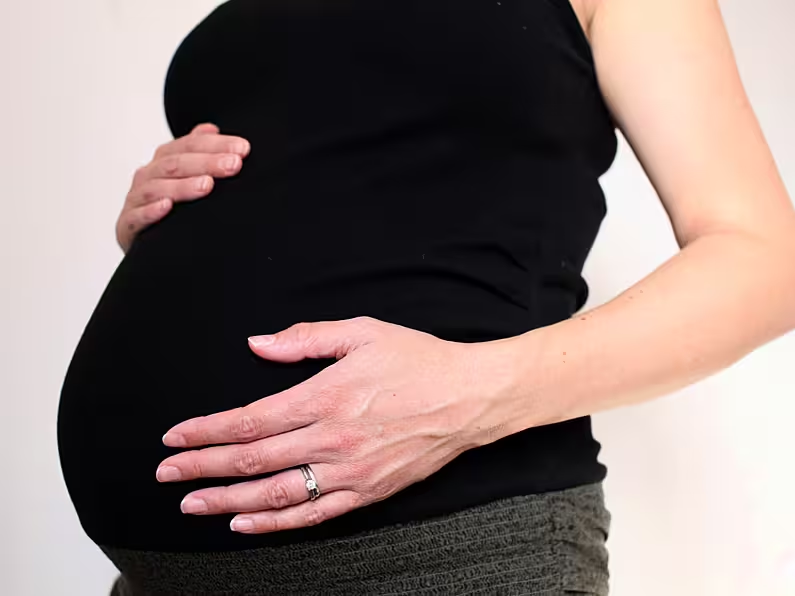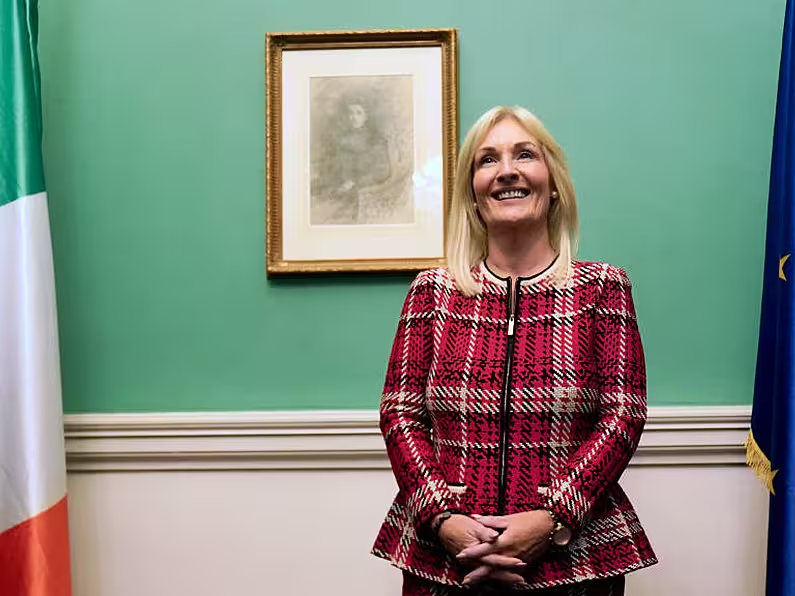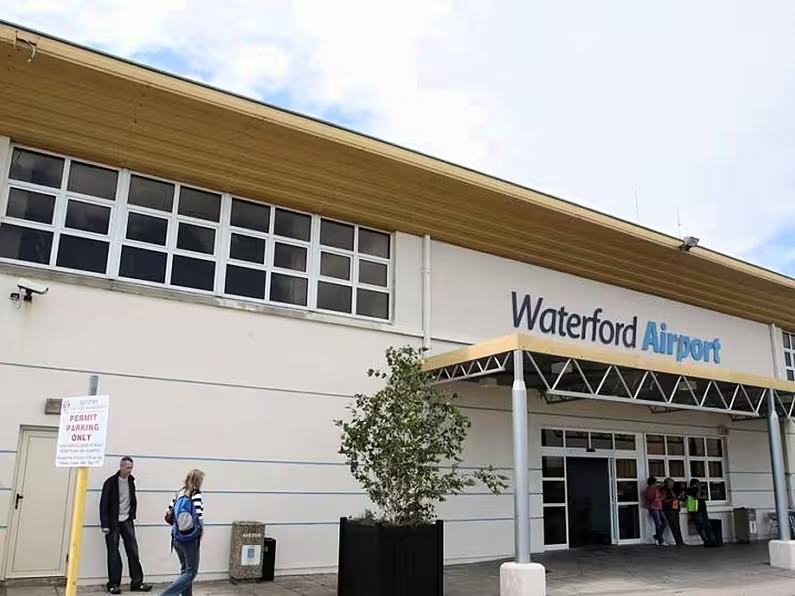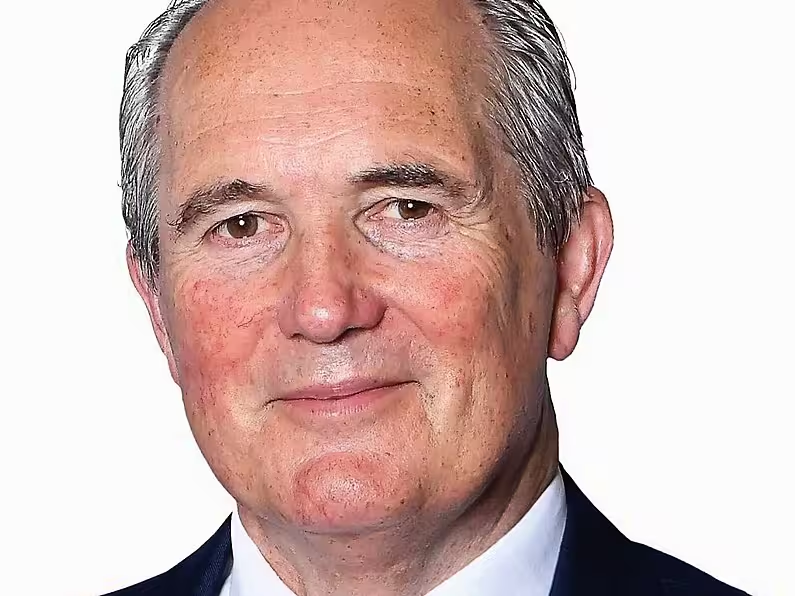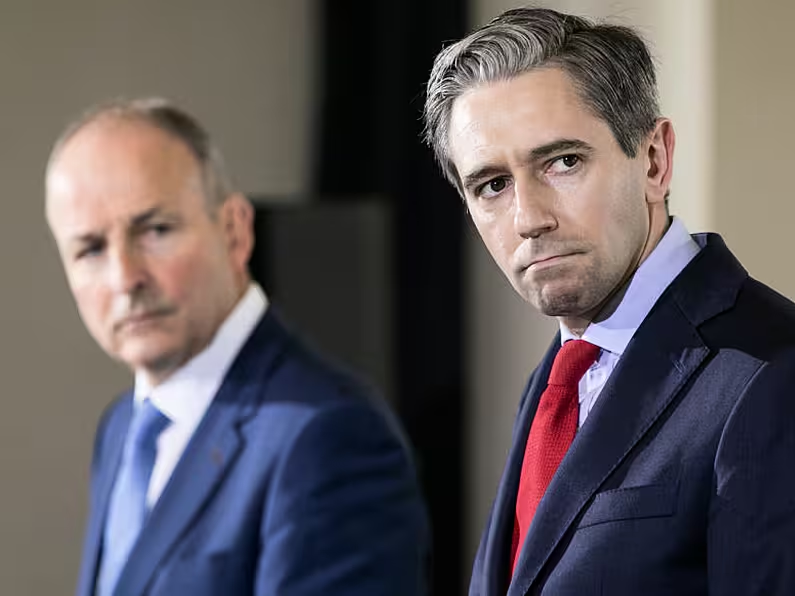By Michelle Devane, PA
Urgent action is needed to address the shortfall in services and support for pregnant women and new mothers, Green Party TD Neasa Hourigan has said.
Women’s health and wellbeing, which have long been “neglected”, need to be prioritised post-Covid, Ms Hourigan added.
The Dublin Central TD made the comments at the launch of the Green Party’s road map for improved maternal care in post-Covid Ireland.
Ms Hourigan said: “Prior to the onset of the Covid-19 global pandemic, we were all acutely aware of the improvements needed across a range of issues relating to women’s health and wellbeing in Ireland.
“The arrival of Covid-19 has not only served to exacerbate these deficiencies but also highlighted how fragile these services and supports were to begin with.
“It is crucial that as we emerge from the worst of the pandemic period, we take a critical look at these vital services and set out a plan to build back better and ensure that we have a robust and resilient system of care and support for women.”
"The roadmap must place families and babies at the heart of decision-making." @paulinegalway, with @neasa_neasa, @CByrneGreen and @hazechu at the launch of the roadmap for improved maternal care in post-Covid Ireland. #MaternalCareMatters
Read more 👉https://t.co/asE3JXW4s4 pic.twitter.com/QZhn8JQP47— Green Party Ireland (@greenparty_ie) May 4, 2021
The road map lays out a number of key priorities over the next 12 months.
These include the creation of a family-centred plan for maternal care, a two-year extension and dedicated funding package for the National Breastfeeding Action Plan, supporting the Milk Bank scheme across the country and a commitment to reproductive rights-based healthcare.
Green Party representatives are due to meet Health Minister Stephen Donnelly later this week to discuss the party’s road map on maternal care.
Dublin Lord Mayor Hazel Chu said it is crucial that women’s access to reproductive healthcare is built upon.
“As the reproductive rights legislation begins its review before the end of 2021 and the agreements to build the new National Maternity Hospital are progressed, it is crucial that we protect our newfound secular, human rights and person-centred approach to healthcare in Ireland.
“We want to see the hard fought for access to reproductive health for women in Ireland to be built upon, not eroded, as part of this review.”
'Equal Ireland for every woman'
Senator Pauline O’Reilly said family and babies must be at the heart of decision-making.
“There are a number of commitments in the Programme for Government that specifically refer to the health of families in the early years of a baby’s life that must be actively progressed in the lifetime of this Government, including supports for perinatal mental health and expanding access to homebirth,” she said.
“Throughout the pandemic, the effects of lockdown and the reduction in services has impacted some groups more seriously than others – the road to good health for families and babies must include targeted support for vulnerable groups such as those in the Traveller Community and those living in Direct Provision.
“We need to create an equal Ireland for every woman.”
There are so many stories of new mothers unable to access any support at all during lockdown
The report also highlights that Ireland is far behind its European counterparts in breastfeeding rates.
Party councillor Claire Byrne described access to information and support around breastfeeding as a “huge problem” for new mothers long before Covid-19, with access to qualified lactation consultants relying on a “postcode lottery or the ability to pay in many cases”.
“This is completely unacceptable,” she said.
“There are so many stories of new mothers unable to access any support at all during lockdown, exacerbating feelings of trauma and isolation during such an important time in their lives,” Ms Byrne said.
“We want to see uniformity of access to appropriate breastfeeding supports in every maternity and general hospital and in every Community Health Organisation across the country, regardless of geography or socio-economic status.”



